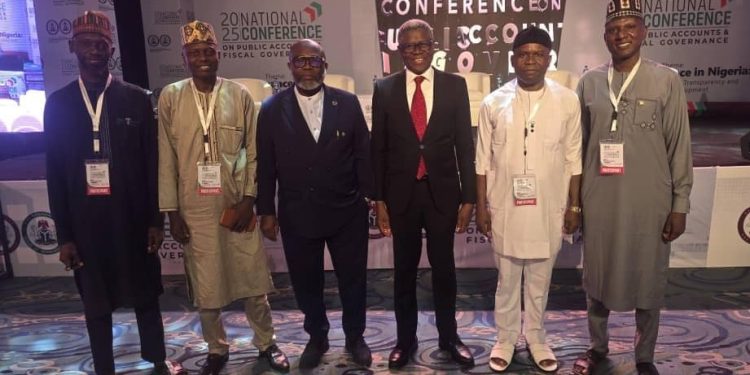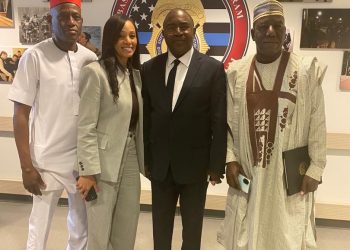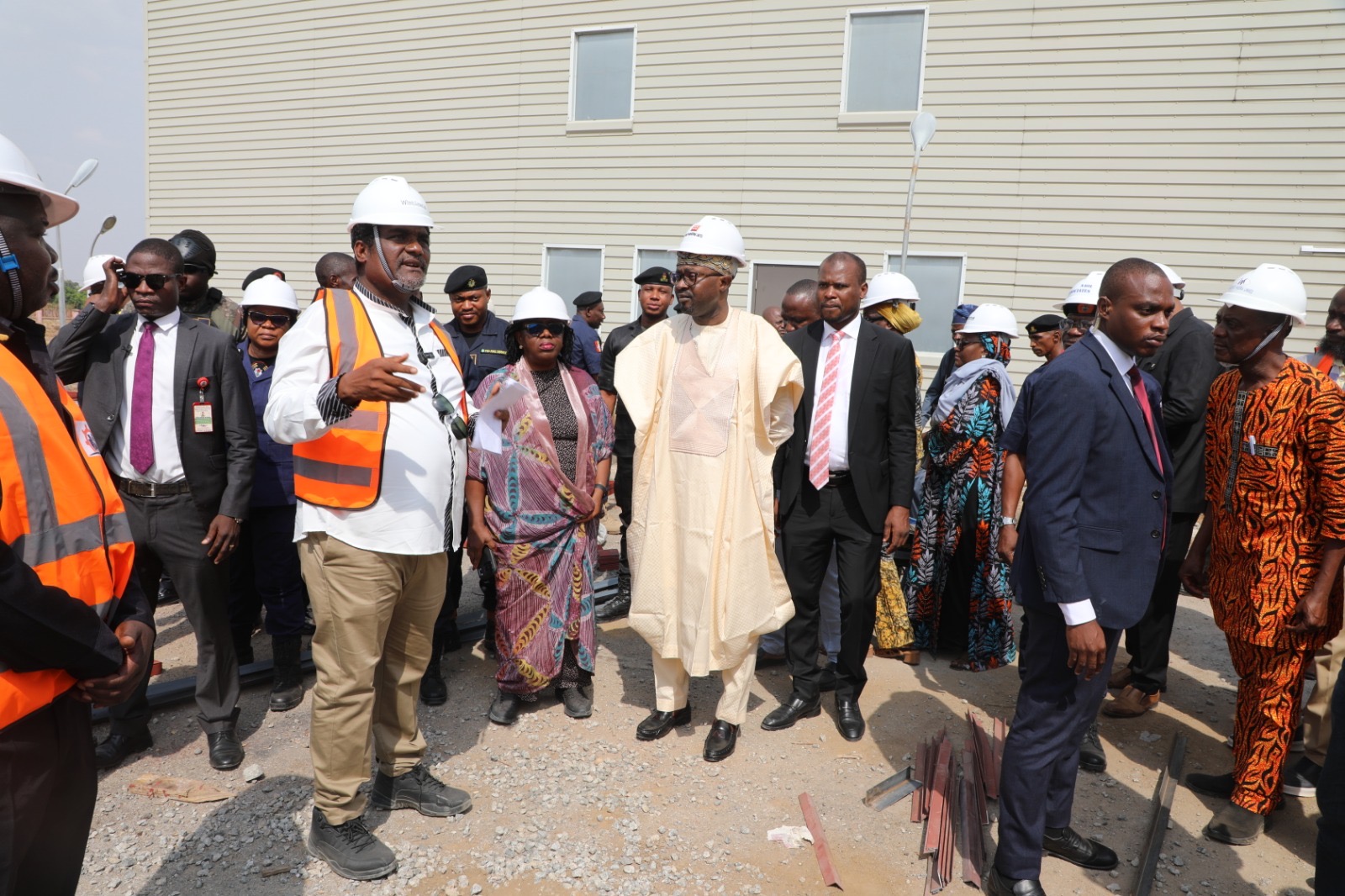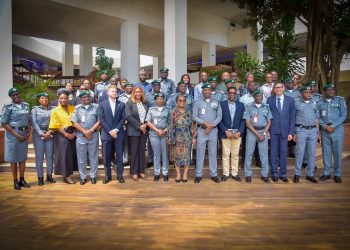By Nkechi Eze
The Executive Chairman of the Fiscal Responsibility Commission (FRC), Victor Muruako, Esq., has urged states and local government authorities across the country to domesticate and fully implement fiscal responsibility laws in alignment with the federal framework. He made the call on Tuesday, July 8, 2025, while delivering a goodwill message at the 2025 National Conference on Public Accounts and Fiscal Governance, held at the Transcorp Hilton, Abuja.
The high-level event was convened by the Public Accounts Committee (PAC) of the House of Representatives and brought together major stakeholders in Nigeria’s public financial management space to deliberate on strategies for promoting transparency, accountability, and sustainable economic development.
In a statement signed by Bede Ogueri Anyanwu, Head of Strategic Communications at the FRC, Muruako commended President Bola Ahmed Tinubu, GCFR, for what he described as a bold commitment to strengthening public finance systems as a foundation for economic reform. He stressed the importance of subnational entities “keying into” the Fiscal Responsibility Act (FRA) to ensure that fiscal discipline is maintained at all levels of government.
Speaking on the limitations of the existing legal framework, the FRC boss highlighted a major loophole in the FRA 2007, which currently outlines 54 offenses but fails to prescribe punishments for defaulters. He called for an urgent amendment of the Act to introduce enforceable sanctions and improve compliance.
“The Act must be amended speedily for efficiency and to deliver real value to Nigerians,” Muruako stated, emphasizing that stronger legal backing would enhance service delivery and discourage impunity in public financial operations.
Muruako also lauded the Public Accounts Committee, chaired by Hon. Bamidele Salam, for organizing the conference, which he described as a significant move toward reinforcing transparency and accountability in governance. He noted that the FRC’s collaboration with the PAC has played a critical role in increasing remittances from government-owned enterprises, with independent revenue rising from ₦200 billion in 2013 to over ₦2 trillion in 2024.
Despite these gains, the FRC chairman acknowledged ongoing challenges including limited public awareness, weak enforcement capacity, and the slow adoption of fiscal responsibility laws at the state level. According to him, only 26 out of Nigeria’s 36 states have enacted similar legislation.
He therefore advocated for the creation of a National Fiscal Governance Framework to ensure greater policy coordination, stronger audit structures, and enhanced oversight of public finances.
Muruako further stressed the constitutional mandate regarding public borrowing, reminding stakeholders that debt and fiscal matters fall under the Exclusive Legislative List. He urged both federal and subnational authorities to align their fiscal operations with constitutional provisions and the Renewed Hope agenda of the current administration.
Reiterating the FRC’s commitment to promoting fiscal discipline and reducing leakages in the public sector, Muruako pledged continued partnership with the PAC and other institutions to institutionalize sound financial management practices. He also congratulated the committee on Nigeria’s successful bid to host the 2025 Annual Conference of the West African Association of Public Accounts Committees (WAPAC), describing it as a recognition of Nigeria’s leadership in regional fiscal governance.
He concluded by commending participants for their dedication to reform and expressed optimism that the conference would inspire critical reforms in Nigeria’s fiscal governance landscape.
“Together, we can build a Nigeria where fiscal responsibility underpins sustainable development,” Muruako affirmed.
















